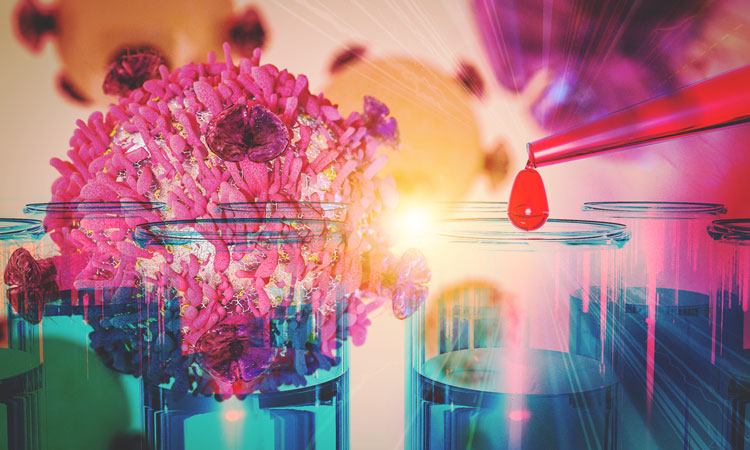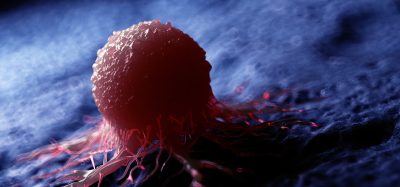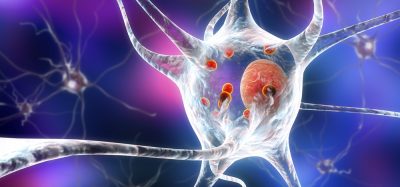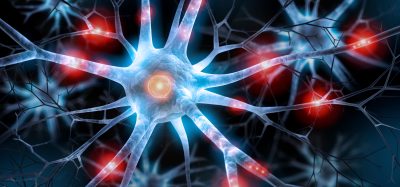Computational model identifies new candidate cancer genes
Posted: 18 November 2019 | Rachael Harper (Drug Target Review) | No comments yet
A novel computational method has led to the discovery of genes whose alteration may contribute to cancer susceptibility and may lead to new therapeutic targets for cancers.


A novel computational method could lead to new therapeutic targets for numerous cancers, according to the developers.
The programme is an integration of Epi-DNA and Gene Expression (iEDGE) – whose application to the analysis of over 8,500 tumour profiles from The Cancer Genome Atlas has led to the discovery of genes whose alteration (mutation or copy number alteration) may contribute to cancer susceptibility.
The researchers, from Boston University School of Medicine (BUSM), US, have said that iEDGE identified several candidate breast cancer drivers, including RBM17 (a splicing factor amplified in Triple-Negative Breast Cancer) and SIRT3 (a candidate tumor suppressor and a promising therapeutic target).
Biomarkers aren’t just supporting drug discovery – they’re driving it
FREE market report
From smarter trials to faster insights, this report unpacks the science, strategy and real-world impact behind the next generation of precision therapies.
What you’ll unlock:
- How biomarkers are guiding dose selection and early efficacy decisions in complex trials
- Why multi-omics, liquid biopsy and digital tools are redefining the discovery process
- What makes lab data regulatory-ready and why alignment matters from day one
Explore how biomarkers are shaping early drug development
Access the full report – it’s free!
It also identified multiple candidate pan-cancer drivers, including TRIP13 (previously shown to promote tumour growth in colorectal cancer and a predictor of poor prognosis in prostate cancer), ORAOV1 (a gene over-expressed in many solid tumours) and TPX2 (a potent oncogene amplified in many cancers and a promising therapeutic target), among others.
“While further functional studies will be needed to evaluate the therapeutic relevance of our findings, these results study show the efficacy of iEDGE at identifying candidate drivers and potentially novel targets for therapy,” explained corresponding author Stefano Monti, PhD, associate professor of medicine at BUSM.
The researchers reported their findings in Nature.
Related topics
Analysis, Genetic Analysis, Informatics, Internet of Medical Things, Research & Development, Targets
Related conditions
Breast cancer, Cancer
Related organisations
Boston University School of Medicine
Related people
Stefano Monti PhD








